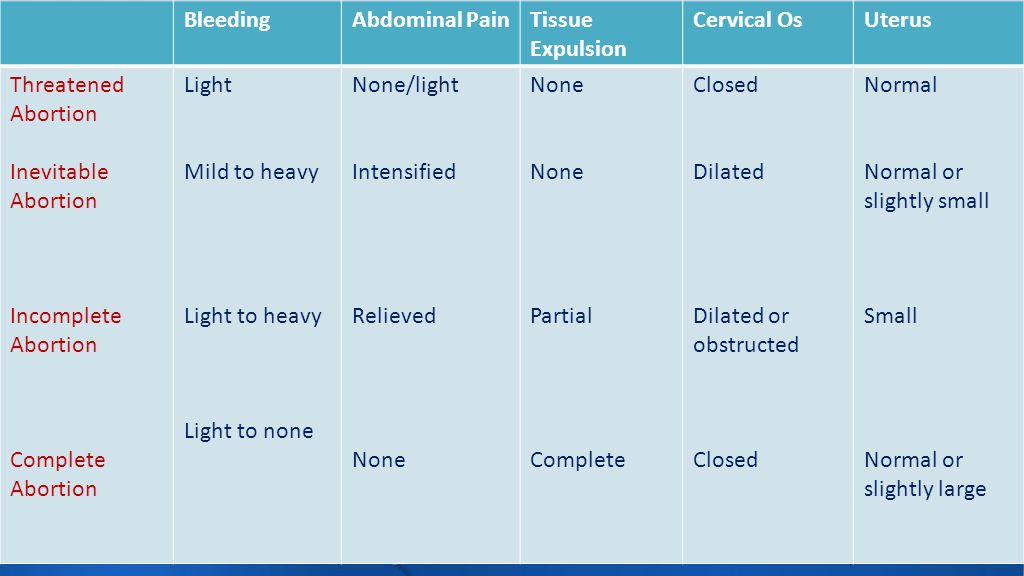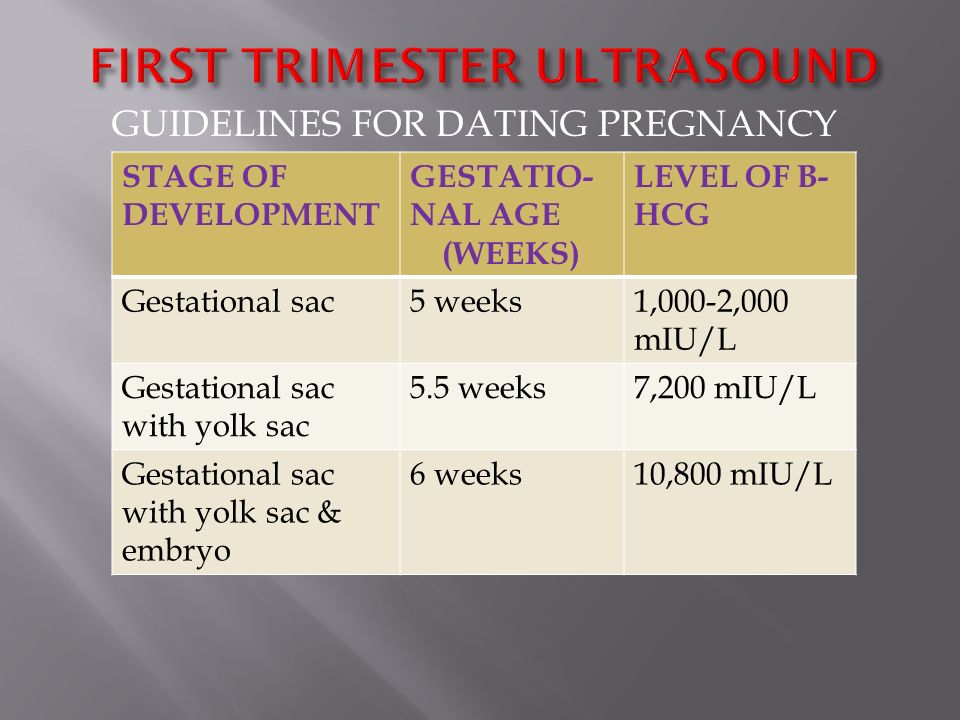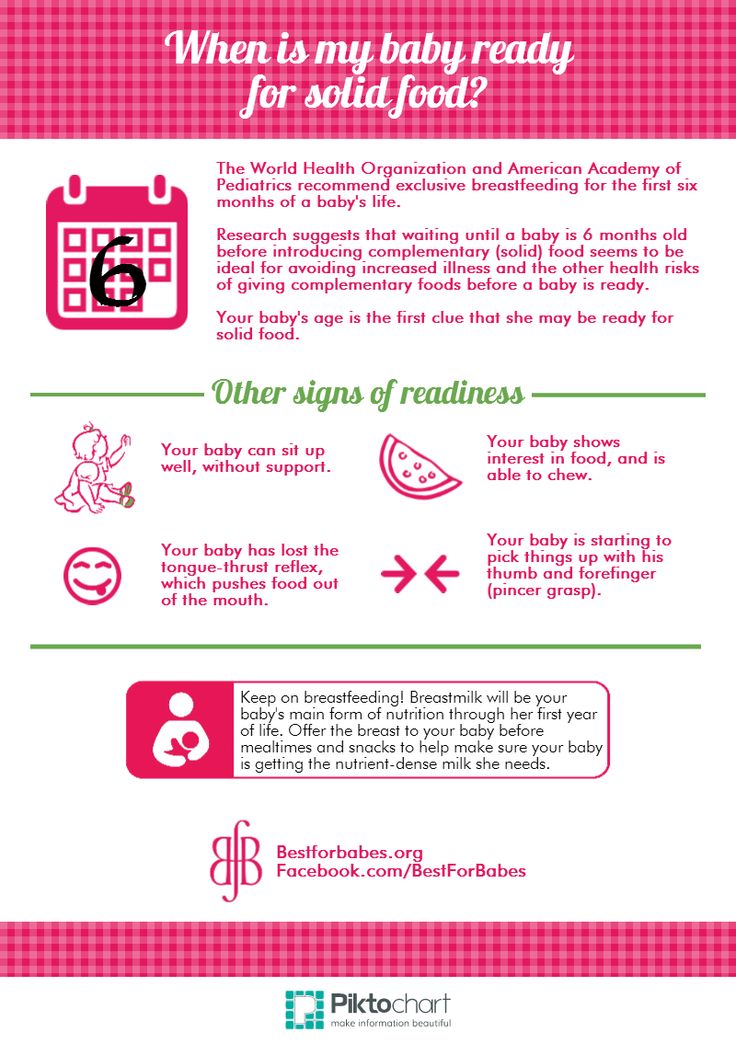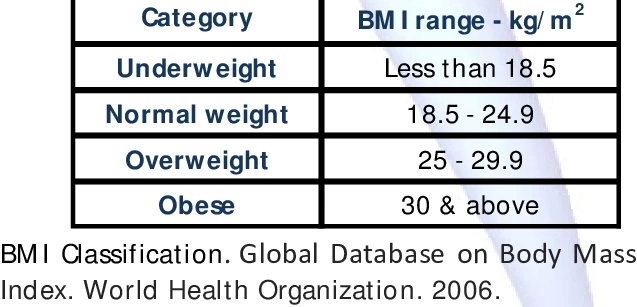Miscarriage without knowing you were pregnant
Bleeding, Clots, Timing, and Other Signs
Miscarriage is fairly common in the first trimester. It happens in about 10 percent of known pregnancies.
In some cases, miscarriage can occur before you know you’re pregnant. If this happens, you might not notice anything different from your usual period.
The further along you are in a pregnancy, the less likely it is that a miscarriage will feel like a period.
Continue reading to learn more about early miscarriage, including specific symptoms to watch for, when you should see a doctor, and more.
The most common symptoms of early miscarriage are cramping and bleeding.
However, spotting or light bleeding during early pregnancy aren’t always a sign of miscarriage. If this happens, watch for any other unusual symptoms.
Other symptoms of miscarriage
- cramping in your abdomen or lower back (This could start out like period cramps, but the pain typically worsens over time.)
- nausea
- diarrhea
- passing fluids, larger-than-normal blood clots, or tissue from your vagina
Timing
A miscarriage can happen any time after fertilization. If you didn’t know you were pregnant, it would be easy to mistake it for a period.
Both a period and a miscarriage can cause spotting to heavy bleeding.
After the first eight weeks or so, it’s less likely that you’ll mistake a miscarriage for a period.
Duration
You know how long and heavy your typical period is.
During a miscarriage, bleeding gets heavier and lasts longer than a period.
As your cervix starts to dilate, cramping may become more painful than typical period cramping.
Characteristics
Bleeding during miscarriage can appear brown and resemble coffee grounds. Or it can be pink to bright red.
It can alternate between light and heavy or even stop temporarily before starting up again.
If you miscarry before you’re eight weeks pregnant, it might look the same as a heavy period. Later, you’re more likely to notice fetal or placental tissue.
Menstruation products
Heavy bleeding, pieces of tissue, or large blood clots on your menstruation products could mean that you’re having more than a heavy period.
See a doctor if you’re soaking through a tampon or pad every hour for more than two consecutive hours.
You should call a doctor or other healthcare provider any time you experience unexpected pain or excessive bleeding.
These symptoms can result from an ectopic pregnancy. This occurs when a fertilized egg has implanted outside the uterus, possibly inside a fallopian tube. It’s a medical emergency.
You should also call a doctor if you experience bleeding alongside:
- mucus
- tissue
- blood clots
- what feels like uterine contractions
If you believe you’re having a miscarriage, ask your doctor the following:
- Should I collect a sample of blood or tissue? (This isn’t always necessary.)
- Should I go to an emergency room or make an office appointment?
- Is it fine to drive myself, or do you recommend against it?
If it appears that you’ve had a miscarriage, your doctor will want to perform a physical exam.
Be sure to discuss all your symptoms, including the amount of:
- bleeding
- clotting
- pain
- any tissue that may have been expelled
Testing may include:
- an ultrasound to check the uterus for signs of an embryo or a heartbeat
- a blood test to check for human chorionic gonadotropin (hCG), a substance that indicates pregnancy
There’s no way to stop a miscarriage in progress. If your doctor determines that you’ve experienced a miscarriage, they’ll want to check for:
- signs of infection
- uncontrollable bleeding
- tissue that may be left in your uterus
It can take two weeks or more to completely expel the tissue naturally. Your doctor will review with you typical bleeding patterns to expect. If you have heavy bleeding lasting several days or any signs of infection, you may need medical treatment.
If your doctor isn’t sure that all of the pregnancy tissue has been cleared from your uterus, they may order an ultrasound to confirm.
Your doctor can prescribe medication, such as misoprostol (Cytotec), to increase uterine contractions to help you expel the tissue.
You’ll experience cramping and bleeding as you pass tissue and blood.
Most people pass the tissue within 24 hours after taking the drug. For others, it can take a few days to complete. Either way, it doesn’t require a hospital stay.
Your doctor may be able to prescribe pain medication to help ease your symptoms.
If your blood type is Rh negative, you’ll need an injection of Rh immunoglobulin. This may help prevent complications in a future pregnancy.
There are also a few surgical options to remove tissue from the uterus. This includes:
- Vacuum aspiration. Your doctor inserts a thin tube that contains a suction device into your uterus. This can be done with local anesthesia in your doctor’s office.
- Dilation and curettage (D&C). Your doctor dilates your cervix, and then uses an instrument called a curette to scrape your uterine lining.
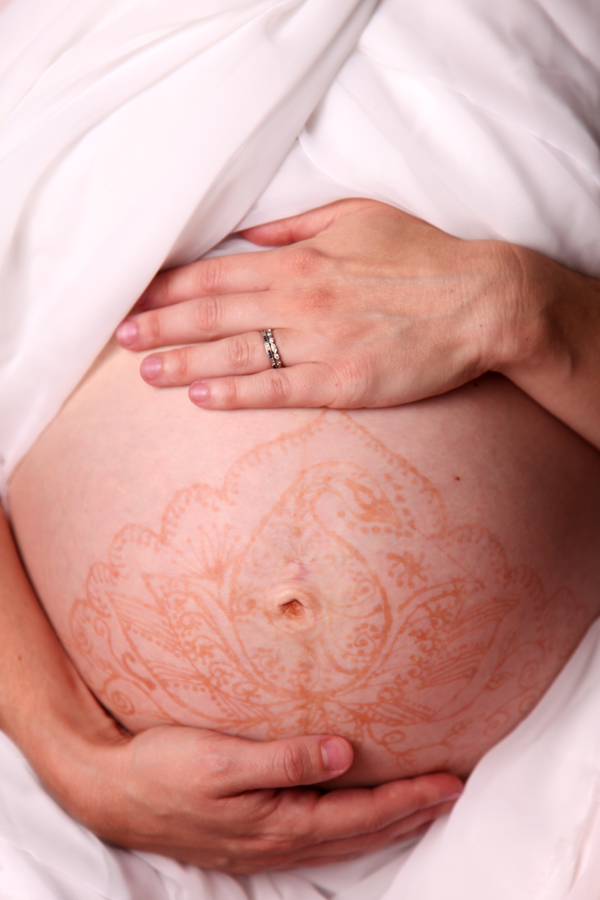 This can be done at a surgical center or operating room on an outpatient basis. Regional or general anesthesia can be used.
This can be done at a surgical center or operating room on an outpatient basis. Regional or general anesthesia can be used.
Both of these treatments have been well-studied and are considered safe. They each carry a very small risk of serious complications.
If you’ve experienced a miscarriage, it’s important to understand that it isn’t your fault.
In many cases, doctors are unable determine the cause. Here are some things that can contribute to miscarriage:
During the first trimester
As many as 80 percent of miscarriages occur in the first trimester.
When a miscarriage occurs in the first five weeks after fertilization, it’s called a “chemical pregnancy.” It’s so early that you might not have known you were pregnant.
Although your period may seem heavier than usual, there might not be any other noticeable sign of miscarriage.
Miscarriages in the first trimester often have to do with chromosome abnormalities that interfere with normal development. Missing or extra chromosomes are linked to 50 percent of all miscarriages.
Missing or extra chromosomes are linked to 50 percent of all miscarriages.
Sometimes, a fertilized egg simply doesn’t develop into an embryo (blighted ovum).
It may help to know that having sex, exercising, morning sickness, and previous use of oral contraceptives don’t cause miscarriage. Even an accidental fall doesn’t necessarily cause it.
According to the American College of Obstetricians and Gynecologists (ACOG), smoking and alcohol consumption in the first trimester may result in a slightly higher risk of miscarriage. But the research on this is mixed.
It’s also worth noting that drinking less than 200 milligrams of caffeine per day doesn’t appear to increase the risk of miscarriage.
Some things that may increase the risk of early miscarriage are:
- fibroids or other abnormalities of the uterus
- hyperthyroidism or hypothyroidism
- uncontrolled diabetes
- use of cocaine or similar drugs
During the second trimester
About 2 to 3 percent of miscarriages occur during the second trimester.
Some things that may increase the risk are:
- conditions that can cause blood clots
- early preeclampsia or eclampsia
- fetal abnormalities
- fibroids or other abnormalities of the uterus
- infection of the uterus
- lupus
- prior surgery of the cervix
- trauma
- uncontrolled diabetes
- hyperthyroidism or hypothyroidism
- high blood pressure
- use of cocaine or similar drugs
During the third trimester
Losing a pregnancy starting from the 20th week of pregnancy and into the third trimester is considered stillbirth, not miscarriage.
In general, the risk of stillbirth increases with maternal age.
If you’ve experienced a miscarriage, it doesn’t mean you’ll have another, and it doesn’t mean you can’t have children.
Most people who experience a miscarriage can go on to have a successful pregnancy.
Miscarriage shouldn’t affect your ability to get pregnant. You can ovulate and become pregnant within two weeks of an early miscarriage.
You can ovulate and become pregnant within two weeks of an early miscarriage.
If you don’t want to become pregnant again, you should use birth control right away.
About 1 percent of people have multiple miscarriages. If you’ve experienced several miscarriages, your doctor might recommend special testing.
Even if you’ve had three miscarriages in a row, there’s a 70 percent chance your next pregnancy will be successful.
Your doctor will probably advise you to avoid sex, tampons, and douches for two weeks. This will help prevent infection.
They may also want you to take a pregnancy test after about two weeks. This can help them determine whether your hormone levels are back to normal.
In the meantime, call your doctor if you:
- are bleeding heavier than expected or notice that the blood stays bright red
- are soaking through more than two maxi pads an hour for more than two hours
- notice a foul-smelling discharge
- experience abdominal tenderness or severe pain
- have persistent cramping
- develop a fever or chills
For the first few days, you may notice blood clots and tissue passing, but this should taper off after about a week. It will take about four to eight weeks for your regular period to return.
It will take about four to eight weeks for your regular period to return.
Mild exercise following an early miscarriage is usually fine, but check with your doctor. It may depend on how far along you were, as well as your overall health.
There are many emotions a person might have following a miscarriage. Some feel anger, sadness, or profound loss. Others might feel relieved.
These feelings may have to do with whether you knew you were pregnant or if you were trying to have a baby.
Pregnancy and miscarriage also cause hormone fluctuations, which can affect your emotions.
Everyone is different, so there’s no correct way to feel about experiencing a miscarriage. It may take some time for you to process everything.
You may find it helpful to talk to your partner, family, or friends about what you’re going through.
You may also consider looking into support groups for people who have experienced miscarriage. Sometimes it helps to talk to others who have been through the same thing.
Here are a few places to seek support:
- your doctor’s office or local hospital for referrals to support services
- clergy
- Compassionate Friends, which has a searchable database of local chapters
- March of Dimes Loss and Grief Forum
- Share Pregnancy & Infant Loss Support which offers online support and information on how to find local groups
If grief continues to worsen after a few weeks, talk to a doctor about your options for treatment. You may benefit from grief counseling or treatment for depression.
Miscarriage isn’t your fault.
Physical recovery generally takes a few weeks. Everyone has their own timetable for emotional recovery.
There’s no need to rush yourself or to pretend to “get over it” for anyone else’s sake.
And if you need it, reaching out for support is a reasonable thing to do. You aren’t alone in this.
Can a woman have a miscarriage without knowing it? - Healthcare Wellness Blogs
Miscarriages are relatively common and it is possible to have a miscarriage without bleeding or cramping. The missed miscarriage is also known as “silent miscarriage”. It is called as “missed” because the body has not yet recognized that the woman is no longer pregnant. Around 50% of all pregnancies end up in some sort of miscarriage. This happens mostly in early pregnancy and most women feel that it is just a heavy menses. You may think that your period is a day or two late. The chance of miscarriage becomes 15% once the pregnancy goes beyond a month or so and you still might not have known. You may get to know it only when you go for an ultrasound and find there is no fetal heartbeat. This happens because of an event that happens inside the womb and the embryo stops developing due to it. It often causes cramping and bleeding, but sometimes it can also go unnoticed for several weeks. To avoid or to be on the safer side it is advised to visit the doctor for regular checkups & consult with the best gynecologist in Bangalore at Ovum Hospitals.
The missed miscarriage is also known as “silent miscarriage”. It is called as “missed” because the body has not yet recognized that the woman is no longer pregnant. Around 50% of all pregnancies end up in some sort of miscarriage. This happens mostly in early pregnancy and most women feel that it is just a heavy menses. You may think that your period is a day or two late. The chance of miscarriage becomes 15% once the pregnancy goes beyond a month or so and you still might not have known. You may get to know it only when you go for an ultrasound and find there is no fetal heartbeat. This happens because of an event that happens inside the womb and the embryo stops developing due to it. It often causes cramping and bleeding, but sometimes it can also go unnoticed for several weeks. To avoid or to be on the safer side it is advised to visit the doctor for regular checkups & consult with the best gynecologist in Bangalore at Ovum Hospitals.
Signs of miscarriage-
Most miscarriages happen in the 1st trimester and the symptoms are different for everyone. Not every miscarriage is associated with pain. But most common ones are
Not every miscarriage is associated with pain. But most common ones are
- Vaginal bleeding and cramps – you may feel like bad menstrual cramps
- Large blood clots up to the size of lemon will pass.
- Abdominal pain
- Fever
- Weakness
- Back pain
Common causes of miscarriage –
Most of the women think that miscarriage happened because of themselves or their lifestyle. But, in fact, you have done nothing to cause it. You cannot prevent it from happening. Miscarriage cannot just happen because of mild exercises, or by drinking tea or coffee. The most common cause is a genetic abnormality in the embryo. Other problems that miscarriage include:
- Chromosome problems- in the process of fertilization, the egg and sperm each bring 23 chromosomes together to make 23 perfect pairs of chromosomes. This is a very complex process and any minor disturbance can result in genetic abnormality that stops the embryo from developing.

- Hormone imbalance – many miscarriages happen due to hormone imbalance such as insufficient progesterone levels that prevent your fertilized egg from implanting in the uterus.
- Thyroid disorders – thyroid problems may lead to infertility or cause recurrent miscarriages
- Diabetes
- High fever- if you fall sick and develop a high fever in your first trimester, you may experience a miscarriage.
- Chronic illness – autoimmune diseases like lupus, heart problems, kidney, and liver may cause miscarriage.
How to prevent miscarriage?
Miscarriage cannot be prevented in most cases. But you can take some measures to reduce the risk. These include- avoid smoking and drinking alcohol, maintain a healthy weight, maintain proper hygiene, eat a healthy diet, don’t do strenuous exercises, take enough rest, take precautions against infections, consult your doctor if you already have any chronic diseases.
Miscarriage, how to avoid - Planning and management of pregnancy in the gynecology of the Literary Fund polyclinic after a miscarriage
- Gallery
- News
- Blog
- Reviews
- Jobs
- Licenses
- Insurance partners
- Controlling organizations
- Schedule of reception of citizens on personal appeals
- What you need to know about coronavirus infection?
- Rules for patients
- Online doctor's consultation
- to corporative clients
- The documents
A miscarriage is always associated with severe consequences for the whole body of a woman and for her reproductive organs in particular, it also affects the family situation, disrupts the woman's work schedule. An unfavorable outcome of pregnancy requires great mental and physical costs on the part of parents. Therefore, contacting doctors to find out the causes of the problem is the very first and correct step towards the birth of a child.
An unfavorable outcome of pregnancy requires great mental and physical costs on the part of parents. Therefore, contacting doctors to find out the causes of the problem is the very first and correct step towards the birth of a child.
Any competent gynecologist will tell you that the problem of miscarriage can be solved. With proper preparation for pregnancy and its management, the next time you will have a successful pregnancy. Most girls after a miscarriage go to extremes: they try to get pregnant again as soon as possible. And if this succeeds, then the miscarriage is very often repeated. And you need to give the body a rest for 2-3 months, then identify and eliminate the cause. And only then try.
Causes of miscarriage
Many are convinced that miscarriages are due to a fall, bruise, or some other physical shock. Any woman who has had a miscarriage can remember that not long before she either fell or lifted something heavy. And I am sure that she lost her unborn child precisely because of this.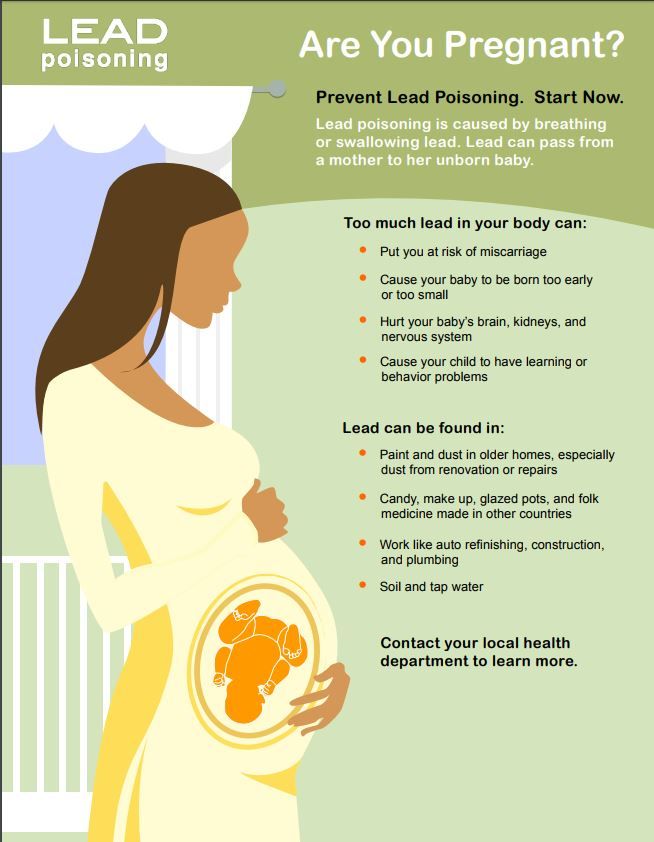 However, those women whose pregnancy was normal also fall and lift heavy things. Most sudden miscarriages do not occur for this reason. The reason is in violations of the pregnancy itself. Approximately half of miscarriages are due to abnormal genetic development of the fetus, which can be hereditary or accidental. Merciful nature, following the principles of natural selection in everything, destroys the defective and unviable fetus. But you should not be afraid of this. The fact that there is a defect in one embryo does not mean at all that all the others will be the same.
However, those women whose pregnancy was normal also fall and lift heavy things. Most sudden miscarriages do not occur for this reason. The reason is in violations of the pregnancy itself. Approximately half of miscarriages are due to abnormal genetic development of the fetus, which can be hereditary or accidental. Merciful nature, following the principles of natural selection in everything, destroys the defective and unviable fetus. But you should not be afraid of this. The fact that there is a defect in one embryo does not mean at all that all the others will be the same.
The woman's body is almost always to blame for the other half of miscarriages. They are caused by various known and unknown factors, such as: acute infectious diseases suffered in the first trimester of pregnancy, poor environment or difficult working conditions, excessive psychological or physical stress, abnormal development of the uterus, radiation, alcohol, smoking and certain types of drugs.
The causes of early and late miscarriage may differ, although they may overlap. The most important thing is to find out and eliminate or compensate for your own cause of miscarriage. Having discovered the cause, the gynecologist will tell you how to avoid another loss.
The most important thing is to find out and eliminate or compensate for your own cause of miscarriage. Having discovered the cause, the gynecologist will tell you how to avoid another loss.
Miscarriage
Miscarriage statistics also include “missed pregnancy”. Sometimes it happens that the embryo dies and lingers in the uterine cavity. Most often, this fact is detected by ultrasound. The dead fetus may begin to decompose, and this, thereby, will lead to poisoning of the mother's body.
Doctors resort to surgical curettage, which is associated with a risk of inflammation and complications. With such a miscarriage, the next pregnancy is planned after the body is fully restored - not earlier than a year. During this year, you will have to find out the cause of the missed pregnancy and treat it.
Miscarriage up to 6 weeks
The main causes of miscarriage on this line are malformations of the embryo itself. Statistics say that from 70-90% of embryos had chromosomal abnormalities: they are random and will not occur in other pregnancies.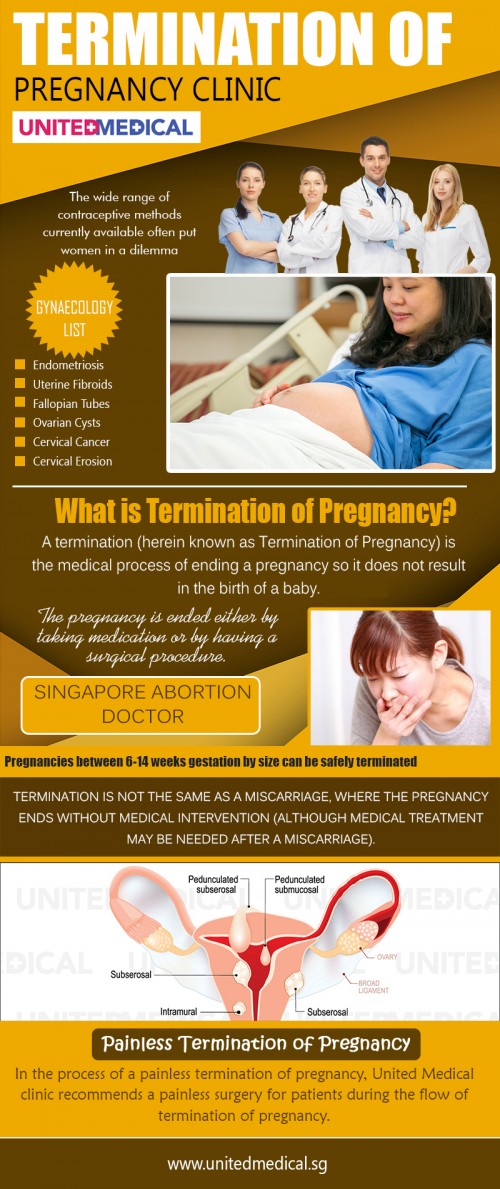 You may have been ill, taken medication, or were under the influence of other harmful factors. Fate saved you from a child with malformations.
You may have been ill, taken medication, or were under the influence of other harmful factors. Fate saved you from a child with malformations.
The human body is perfect and finds a way to correct the situation by miscarriage. Today is a tragedy for you. The real tragedy would be the preservation and birth of a sick, non-viable child. So don’t cry and understand: everything is for the best, you won’t help grief with tears ... And after three months, try again - it will almost certainly turn out to be successful.
It should also be noted that the fact of a miscarriage does not mean that you have lost something. So for a period of 7-8 weeks, the absence of an embryo in the fetal egg is found - "anembryony". It is believed that in 80-90% of cases, miscarriages are undiagnosed non-developing pregnancies.
Miscarriage between 6 and 12 weeks
Miscarriage in this period is also considered early. Its most common causes are:
Endocrine disorders
Endocrine disorders, when the ovaries do not synthesize enough hormones to keep the fetus in the womb, or the amount of male sex hormones is increased, is one of the most common causes of miscarriage and miscarriage.
Imbalance of hormones in a woman's body is very likely to lead to an early termination of pregnancy. With a lack of the main hormone progesterone produced by the ovaries, this happens most often. Another hormonal problem is an increase in the tone of the uterus, which provokes the expulsion of the fetus.
Progesterone prepares the uterine mucosa for implantation and is the hormone for maintaining pregnancy in the first months. If conception occurs, the fetus cannot properly establish itself in the uterus. As a result, the fertilized egg is rejected. But pregnancy can be saved with the help of progesterone preparations if this problem is detected in time.
An excess of male sex hormones that suppress the production of estrogen and progesterone can also be the cause of an early miscarriage. Often, the cause of recurrent miscarriages are androgens that affect the formation and development of pregnancy; as well as thyroid and adrenal hormones. Therefore, a change in the function of these glands can lead to miscarriage.
Undertreated sexual infections
This problem must be solved before conception. Often the cause of miscarriage is sexually transmitted infections: syphilis, trichomoniasis, toxoplasmosis, chlamydia, cytomegalovirus and herpetic infections. Their effect on the fetus and the course of pregnancy is different for each woman and depends on the timing of infection, the activity of the microorganism, the degree of immune protection and the presence of other adverse factors. Depending on the situation, they can lead to the formation of fetal malformations, intrauterine infection, feto-placental insufficiency, early miscarriage or premature birth. Infection of the fetus and damage to the membrane of the fetus leads to miscarriage. To avoid this, infections should be treated before pregnancy. The use of therapy is possible during pregnancy as prescribed by a doctor.
Viral infections and other diseases
Any disease accompanied by intoxication and fever above 38 about C can lead to a miscarriage.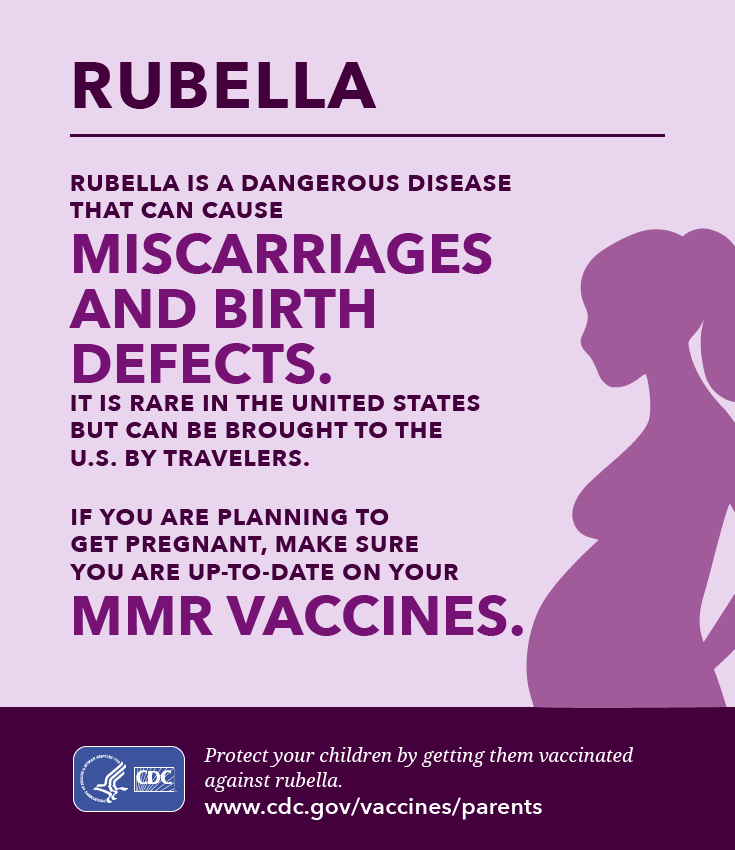 Rubella, influenza and viral hepatitis occupy a leading position in this list. At a period of 4-10 weeks for pregnancy, ordinary tonsillitis can also become tragic, pneumonia carries a more serious risk. Pyelonephritis and appendicitis can cause early labor. When planning a pregnancy, it is imperative to undergo a medical examination in order to identify and treat foci of infections.
Rubella, influenza and viral hepatitis occupy a leading position in this list. At a period of 4-10 weeks for pregnancy, ordinary tonsillitis can also become tragic, pneumonia carries a more serious risk. Pyelonephritis and appendicitis can cause early labor. When planning a pregnancy, it is imperative to undergo a medical examination in order to identify and treat foci of infections.
Extremely dangerous during pregnancy rubella - it leads to severe fetal malformations, so infection during pregnancy is an indication for medical abortion.
Any disease during pregnancy can lead to non-viability of the fetus. And the body, through a miscarriage, insures you against unwanted offspring. With such a miscarriage, the next pregnancy has every chance of going well.
Immune causes of miscarriage
Sometimes antibodies that are hostile to the fetus are formed in the blood of a pregnant woman. This cause can be predicted and eliminated in advance. Most often, the conflict occurs when the embryo inherits the positive Rh factor of the father, and the negative Rh factor, the mother's body rejects the embryonic tissues that are alien to it. Constant monitoring of antibody titer and the introduction of anti-Rhesus immunoglobulins allows you to maintain and maintain pregnancy. In case of an immune conflict, progesterone preparations are also used to prevent miscarriage, which in this case has an immunomodulatory effect.
Most often, the conflict occurs when the embryo inherits the positive Rh factor of the father, and the negative Rh factor, the mother's body rejects the embryonic tissues that are alien to it. Constant monitoring of antibody titer and the introduction of anti-Rhesus immunoglobulins allows you to maintain and maintain pregnancy. In case of an immune conflict, progesterone preparations are also used to prevent miscarriage, which in this case has an immunomodulatory effect.
Reduced immunity
Reduced immunity during pregnancy also refers to immune causes. The body is simply not able to grow a new life in itself. You need to take care of yourself and recover before the next conception.
Anatomical causes of miscarriage
Anatomical causes of miscarriage are the most intractable. Malformations of the uterus are a serious reason for miscarriage. Sometimes you just have to deal with it.
Miscarriage between 12 and 22 weeks
Such a miscarriage is considered late. Its causes coincide with the causes of miscarriages in the early stages (anatomical, immune, infectious, endocrine).
Its causes coincide with the causes of miscarriages in the early stages (anatomical, immune, infectious, endocrine).
At this time, miscarriage also occurs due to isthmic-cervical insufficiency - a weak cervix cannot hold the fetus and opens. For this reason, a miscarriage can occur in the 2nd or 3rd trimester. Isthmic-cervical insufficiency is observed in 15.0-42.7% of women suffering from miscarriage. Careful monitoring of the pregnant woman allows you to identify the problem in time and make surgical correction of the cervix before the onset of childbirth.
In isthmic-cervical insufficiency, there is only one method of treatment - mechanical narrowing of the cervical canal. To do this, the neck is either sewn up or a special ring is put on it. However, the latter method is less efficient, because the ring can easily slide off the neck, then it will no longer hold back the process of opening it.
After suturing, if necessary, it is possible to use antibiotics and drugs that normalize the microflora of the vagina. The treatment of the vagina and the control of the state of the seams are carried out daily for 5 days. Stitches are removed at 37-38 weeks and with premature onset of labor.
The treatment of the vagina and the control of the state of the seams are carried out daily for 5 days. Stitches are removed at 37-38 weeks and with premature onset of labor.
Isthmic-cervical insufficiency may be primary (for no apparent reason), may be the result of abortion or hormonal disorders (increased levels of androgens - male sex hormones or their precursors).
Miscarriage after 22 weeks
Such a loss is hard to forget. Obstetricians talk about premature birth after the 28th week of pregnancy. Traditionally, a child born after this period is considered viable. But medicine knows many cases when it was possible to save the life of earlier children.
We recommend that you be carefully examined for miscarriage, check the above factors. In addition to them, the cause of a miscarriage can be antiphospholipid syndrome, while the woman's body perceives the child as something alien and rejects it. This disease, like the others listed, can be corrected; you have a very real chance of bearing a child.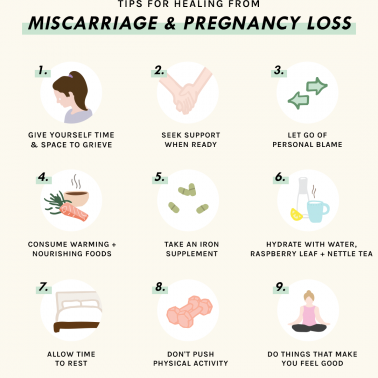
Miscarriages due to hemostasis disorders
All of the above causes account for only 30-40%. Up to 70% of miscarriages are caused by disorders in the blood coagulation system (hemostasis).
Blood coagulation disorders leading to pregnancy loss can be divided into thrombophilic (increased clotting) and hemorrhagic (bleeding tendencies). Both of these extremes are dangerous to the fetus. Various disorders leading to the formation of small blood clots lead to the fact that the fetus loses sufficient blood supply, development is disturbed and the fetus is rejected.
The main hemorrhagic changes can appear even in childhood in the form of increased bleeding during cuts, tooth extractions, the onset of menstruation. But sometimes they declare themselves only during pregnancy and are the cause of a miscarriage. Bleeding in the early stages and detachment of the chorion is difficult to stop.
You may not guess, but incomprehensible headaches, weakness, fatigue, temporary loss of smell or hearing may be symptoms of disorders in the blood coagulation system.
When planning a pregnancy, a genetic examination should be carried out and, if necessary, treatment should be initiated.
It is advisable to be examined for hidden hemostasis defects even for those who consider themselves healthy. This will allow you to predict the occurrence of complications and prevent loss. Early therapy can prevent miscarriage at 98% of cases. If defects in hemostasis are already detected during pregnancy, it can be difficult to maintain it.
What to do after a miscarriage?
Find the cause! The ideal option is to be examined by future parents: it is much more reasonable to postpone conception and spend two or three months to identify the causes than to risk getting pregnant again, spend two months waiting, and then lose everything again and still go to the doctors.
Until you understand the reason, it will not evaporate. In most cases, the answers lie on the surface. Take care of your health and your future baby.
Sign up for a consultation with an obstetrician-gynecologist by phone +7 (495) 150-60-01
Tyan Oksana Alexandrovna
Head of the department, obstetrician-gynecologist Doctor of the highest category Work experience: 26 years
Volkova Polina Dmitrievna
Obstetrician-gynecologist, doctor of ultrasound diagnostics Doctor of the highest category Experience: 35 years
Postnikova Nadezhda Anatolyevna
Obstetrician-gynecologist, ultrasound specialist Work experience: 35 years
Moiseeva Alla Vitalievna
Obstetrician-gynecologist, doctor of ultrasound diagnostics Doctor of the first category Work experience: 37 years
Zabolotnova Olga Valentinovna
Obstetrician-gynecologist Doctor of the first category Experience: 25 years
Shchelokova Elena Nikolaevna
Obstetrician-gynecologist Doctor of the highest category Work experience: 38 years
Pass or medical card number:
Contact phone: *
Select the day of your appointment:
Additional information:
I am not a robot
By clicking the "Submit Application" button, you agree to the terms Privacy Policy and User Agreement
Threatened miscarriage in early pregnancy - symptoms and treatment
When a woman is pregnant, the safety of her unborn child is her number one priority, so she should be aware of the early signs and symptoms of a miscarriage.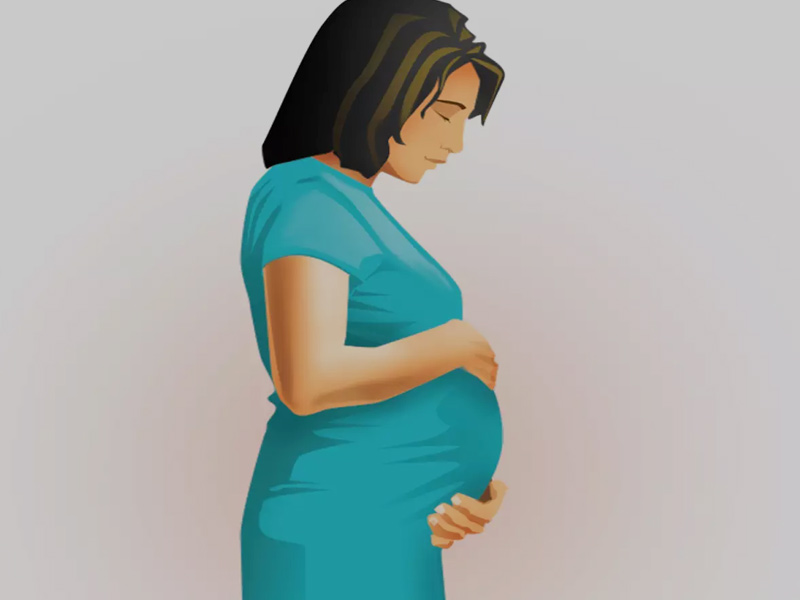 Since the risk of miscarriage in early pregnancy is especially high, up to 12/13 weeks, you need to carefully monitor the health of the expectant mother. It is believed that in the first week after conception, up to 50% of fertilized eggs die, when a woman is not yet aware of the changes taking place in her body.
Since the risk of miscarriage in early pregnancy is especially high, up to 12/13 weeks, you need to carefully monitor the health of the expectant mother. It is believed that in the first week after conception, up to 50% of fertilized eggs die, when a woman is not yet aware of the changes taking place in her body.
At this time, dangerous symptoms that indicate a threat of pregnancy are so implicitly expressed that they can be ignored. Later, after the conception becomes known, and the test confirms that fertilization has occurred, at least 10-20% of pregnancies end tragically.
According to statistics, from 1 to 4% of women have two miscarriages in the early stages in a row. Even more rarely, threats of miscarriage lead to three or more miscarriages. This condition is referred to as habitual miscarriage. A synonym for the word "miscarriage" is "spontaneous abortion", when it means that the body itself gets rid of the embryo.
Signs of a threatened miscarriage - dangerous symptoms
Dangerous symptoms that indicate the threat of miscarriage in early pregnancy include the following conditions:
- Vaginal bleeding - from light spots on underwear to heavy bleeding with clots.
 The blood may have a brown or brownish tint, or it may be bright scarlet;
The blood may have a brown or brownish tint, or it may be bright scarlet; - Severe cramping pains in the abdomen;
- Cessation of signs of pregnancy, when nausea, dizziness, breast tenderness, reaction to smells inherent in a woman before suddenly disappear.
If you are in danger of having a miscarriage and some of the symptoms listed above have you on your guard, don't waste your time. Contact your doctor immediately who is monitoring your pregnancy. The specialist will examine you, send you for an ultrasound, and then diagnose whether there is a threat and what treatment will be effective. Or he will say that fears are in vain.
Types of early miscarriage
If we talked about the signs of early pregnancy termination, it is necessary to understand how doctors classify the condition. The typology is based on the following groups:
- Threatened miscarriage - slight bleeding in the first trimester.
 About 1/3 of women will bleed during this period, and only half of them are diagnosed with spontaneous abortion;
About 1/3 of women will bleed during this period, and only half of them are diagnosed with spontaneous abortion; - Complete miscarriage - symptoms of a threatened miscarriage in the early stages are confirmed by a medical examination, which shows that a spontaneous abortion has occurred. In this case, all embryonic tissues come out of the uterus. Subsequently, no additional treatment or observation by specialists is required;
- Incomplete miscarriage - the threat of miscarriage in early pregnancy is confirmed. The embryo dies, but its tissues do not completely leave the uterus, which threatens to provoke an infection and can cause sepsis. Some women may need emergency surgery due to heavy bleeding. Medications may be used to provoke the uterus into contractions and ejection of fetal debris. In some cases, waiting tactics are acceptable without taking any action;
- Anembryony - a condition in which the symptoms of a threatened miscarriage in the early stages may not be observed.
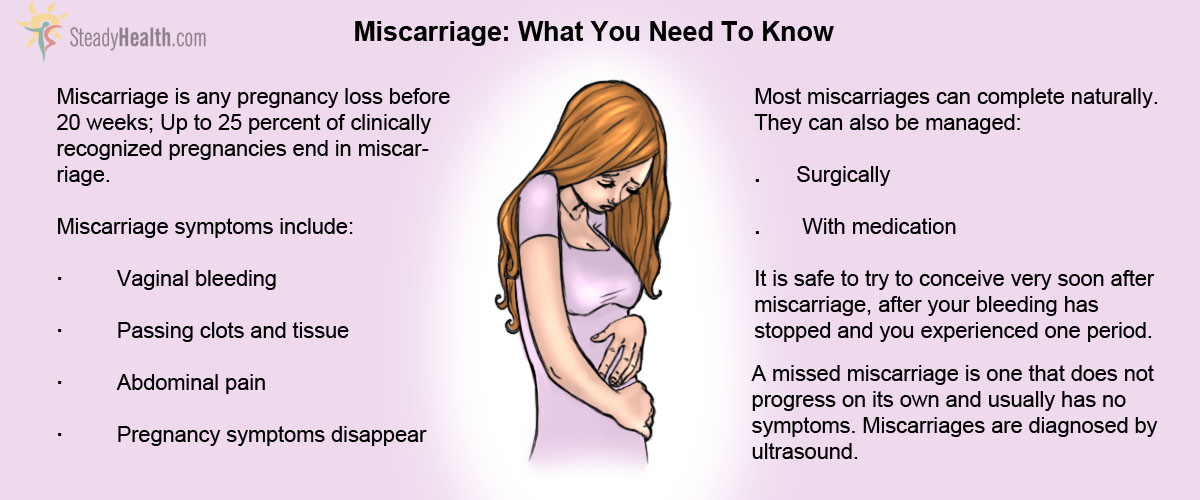 Fertilization of the egg occurs, its implantation in the wall of the uterus, but there is no formation of the fetus. In some cases, even a gestational sac is formed;
Fertilization of the egg occurs, its implantation in the wall of the uterus, but there is no formation of the fetus. In some cases, even a gestational sac is formed; - Missed miscarriage - with a frozen pregnancy, when it stops developing, the embryonic tissue does not leave the uterus for at least 4 weeks. One of the main symptoms of a miscarriage in the early stages is absent - severe bleeding. There may be slight spotting;
- Septic miscarriage - accompanied by infection in the uterine cavity. A serious illness that requires immediate treatment to prevent the death of the failed mother. Early signs of a threatened septic miscarriage are fever, abdominal pain, and foul-smelling bleeding. It is important to start injecting antibiotics as soon as possible and remove the foreign contents of the uterus.
Many women are interested in the logical question of what to do with the threat of miscarriage in early pregnancy and how to prevent a dangerous condition. We will talk about this a little later, first we will designate the factors provocateurs of spontaneous abortion.
We will talk about this a little later, first we will designate the factors provocateurs of spontaneous abortion.
Miscarriage provocateurs in early pregnancy
Among the factors that future parents can influence are smoking, alcohol, drugs, excessive physical labor of the mother during pregnancy. This can be corrected by minimizing their effect. However, there are reasons that are difficult to influence:
- Genetics - about half of spontaneous abortions are due to genetic abnormalities that are incompatible with the life of the fetus;
- Maternal diseases - even a banal temperature rise to extreme values \u200b\u200bcan harm the developing embryo, but there are more dangerous infections - measles, rubella, cytomegalovirus and others;
- Hormonal imbalance - women with irregular periods have a higher risk of threatened miscarriage in early pregnancy than those who have regular periods;
- Placental problems - disturbances in the blood supply to the placenta, which provokes a lack of nutrition of the embryo;
- Early dilatation of the cervix, fibroids, unusual organ shape that prevents the fetus from developing;
- Mechanical injuries - can provoke spontaneous abortion in the early stages, the threat of miscarriage at 20 weeks and later.

One of the common threats of miscarriage in early pregnancy is an ectopic pregnancy, when the embryo develops in one of the fallopian tubes or elsewhere - outside the uterus. The age of the mother is of no small importance:
| Mother's age | Risk of spontaneous abortion | |
|---|---|---|
| Under 35 | 15% | |
| Risk of spontaneous abortion 15% | ||
| 35-45 years old | 20-35% | |
| Risk of spontaneous abortion 20-35% | ||
| Over 45 years old | 50% | |
| Risk of spontaneous abortion 50% | ||
There are other reasons why there is a single miscarriage and two miscarriages in the early stages in a row. Finding out the reasons is better to entrust to specialists, if necessary, visit a genetics consultation, pass the necessary tests and undergo examinations. This is especially true for women who have had two miscarriages in the early stages. However, this is not a reason to put a sentence on a woman's ability to bear children. The chance to endure and give birth to a healthy baby is great even after three unsuccessful pregnancies.
Finding out the reasons is better to entrust to specialists, if necessary, visit a genetics consultation, pass the necessary tests and undergo examinations. This is especially true for women who have had two miscarriages in the early stages. However, this is not a reason to put a sentence on a woman's ability to bear children. The chance to endure and give birth to a healthy baby is great even after three unsuccessful pregnancies.
What to do with the threat of a miscarriage - getting ready for a new conception
If you have had two miscarriages in the early stages, but you are striving for the birth of a healthy baby, it is important to carefully plan your pregnancy, avoid stress, overload, hypothermia and other negative factors. You do not need to be alone with your misfortune, it is important to find a specialist you will trust, who knows what to do with a threatened miscarriage and how to reduce the risks when planning a new conception.
One of the important things is to find the root cause of what is happening. It is important to remember the symptoms of a threatened miscarriage, when they occurred, whether they were preceded by some events that could play a decisive role. On the recommendation of a doctor, undergo special examinations:
- Blood tests - deciphering the results in the laboratory will help to find hormonal problems or identify negative features of the immune system;
- Chromosome tests - to detect signs of a threatened miscarriage in the early stages, it is enough for partners to donate blood, in which chromosomal abnormalities can be detected. Ideally, fetal tissue should be submitted for analysis, which will also be scrupulously checked.
To find out how to prevent the threat of miscarriage in the early stages, resulting from the pathology of the uterus, you need to go through:
- Ultrasound - thanks to the action of high-frequency sound waves, an image is formed on a computer monitor, which accurately reflects the features of the studied areas, tissues, organs.
 The specialist conducts an examination by external scanning and examination through the vagina. Thanks to the ultrasound method, fibroids and other anomalies can be detected;
The specialist conducts an examination by external scanning and examination through the vagina. Thanks to the ultrasound method, fibroids and other anomalies can be detected; - Hysteroscopy - the introduction of a hysteroscope through the cervix into the internal cavity of the organ. Thanks to special illumination, the doctor clearly sees structural transformations in tissues, which allows him to diagnose the problem and prescribe effective treatment to prevent miscarriage in the early stages;
- Hysterosalpingography and sonohysterography - a contrast agent is injected into the uterus through a catheter. That allows you to make visible the structure of the organ and the fallopian tubes on an X-ray image and through ultrasound. Using this method, the uterine contour is examined and the presence of obstructive formations in the fallopian tubes is revealed.
If the cause of the miscarriage is not found, every effort is made to re-conceive. Knowing the symptoms of a threatened miscarriage, a woman treats her health with particular care, watches the change of states.




